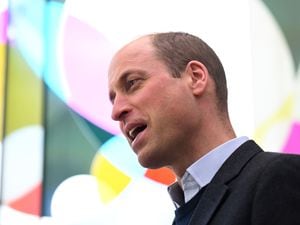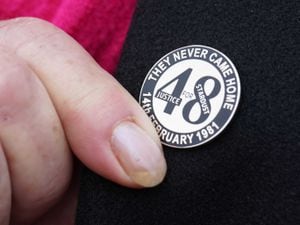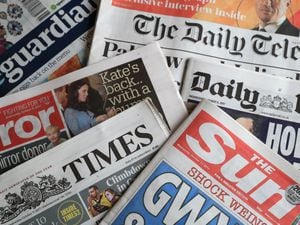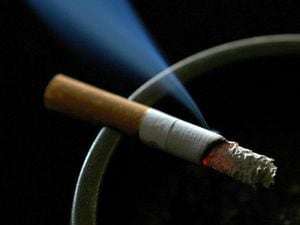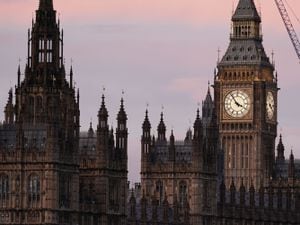Lack of SNP majority shows Scotland is not agitating for indyref2 – Gove
The Cabinet Office minister told SNP leader Nicola Sturgeon to instead ‘concentrate’ on the UK’s Covid recovery.
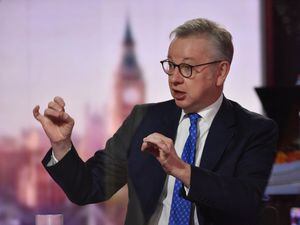
A senior Government minister has signalled to Nicola Sturgeon that she cannot expect a second independence referendum after failing to secure a majority in the Scottish Parliament elections.
The SNP fell one seat short of an overall majority during the Super Thursday elections, securing 64 seats in Holyrood.
However, the final result still means that voters elected a pro-independence majority to the Scottish Parliament, with the Scottish Green Party also standing on a ticket to split from the Union.
But Cabinet Office minister Michael Gove said the Scottish First Minister’s failure to recapture the dizzy heights of 2011, when her predecessor and now rival Alex Salmond won a healthy 69-seat majority in Edinburgh, indicated there was not a fervour among the public for another independence poll.
Mr Gove instead urged the SNP leader to “concentrate on recovery” from the coronavirus pandemic, following the Prime Minister’s invitation for her and other devolved leaders to contribute to economic revival plans.
The Chancellor of the Duchy of Lancaster told the BBC’s Andrew Marr Show that “a majority of people who voted in the constituencies voted for parties that were opposed to a referendum” and Ms Sturgeon “didn’t secure a majority as Alex Salmond did in 2011″.
“That is a significant difference,” Mr Gove said.
“Alex Salmond, when he requested a referendum, every party in the Scottish Parliament agreed that it was appropriate to have a referendum given that he had secured a majority.
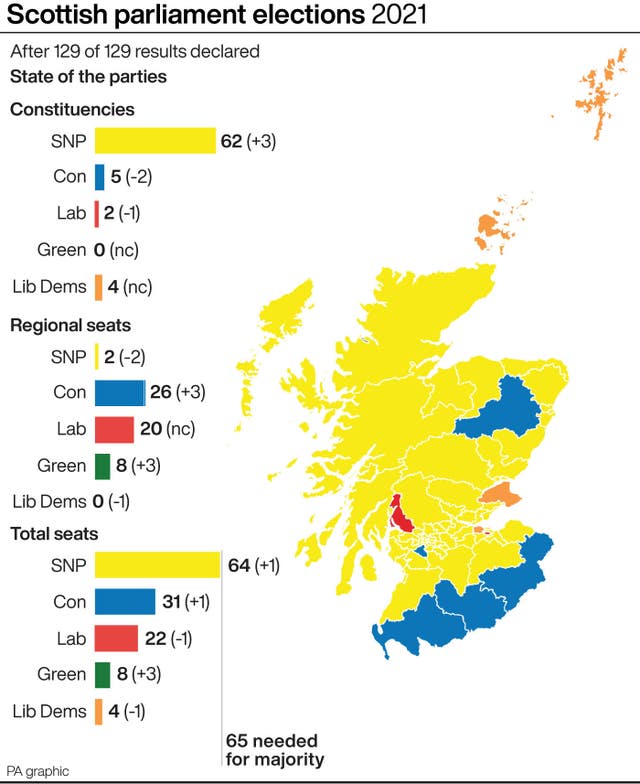
“It is not the case now – as we see – that the people of Scotland are agitating for a referendum.”
Ms Sturgeon said the UK Government was showing a “lack of respect” for Scottish democracy in threatening to stand in the way of a follow-up to 2014’s rejected independence vote.
She told Marr: “In this election they have voted overwhelmingly for the SNP and we stood on a manifesto commitment to firstly… continue to steer the country through the Covid pandemic.
“But after the crisis to give the people of Scotland the opportunity to choose our own future in a referendum.
“The fact that we are sitting here having a debate about whether or not that outcome is going to be respected says a lot about the lack of respect for Scottish democracy that this UK Government has demonstrated for quite some time now.”
The row comes after the Prime Minister invited Ms Sturgeon for crisis talks on the Union, calling for proposals from devolved leaders on how to recover from the pandemic.
In his invitation letter to Ms Sturgeon, which she has accepted following her re-election as First Minister, Boris Johnson argued the UK was “best served when we work together”.
He added: “We will all have our own perspectives and ideas – and we will not always agree – but I am confident that by learning from each other we will be able to build back better, in the interests of the people we serve.”
Mr Gove looked to skirt suggestions that Westminster ministers could intervene via the Supreme Court to block legislation from the Scottish Parliament that attempts to engineer a second independence referendum, saying: “We’re not going near there.”
Ms Sturgeon, who said she “wouldn’t rule out” putting legislation for a referendum before MSPs early next year, claimed a battle in the courts would be “absurd and completely outrageous”.
Elsewhere, the Labour fallout over its poor showing in the elections has continued as Sir Keir Starmer embarks on a reshuffle of his shadow cabinet.
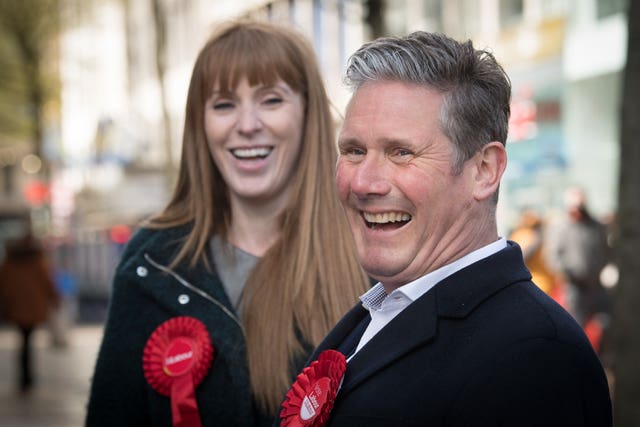
Despite the Labour leader facing strong criticism after opting to sack his deputy Angela Rayner from her role as party chairman and national campaign co-ordinator on Saturday – with Greater Manchester Mayor Andy Burnham warning him it was “wrong” – Sir Keir intends to plough on with revamping his top team.
It comes after Labour received a battering in some parts of the country, losing control of a host of councils and suffering defeat at the hands of Boris Johnson’s Conservatives in the Hartlepool by-election – the first time the north-east town has elected a Tory MP since 1959.
But the internal recriminations follow on the back of an uptick in fortunes for Labour as more results came in over the weekend, with the party dominating in the mayoral elections, claiming 10 of the 13 posts being contested in cities and metropolitan regions across England.
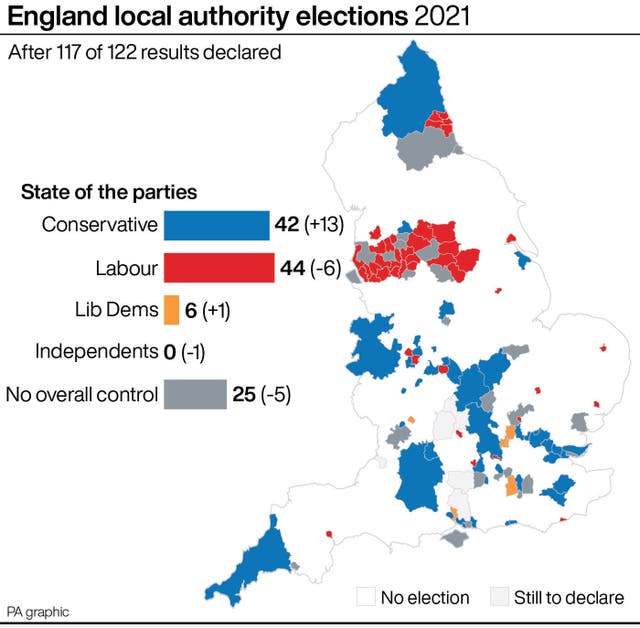
Labour secured shock victories in the West of England and Cambridgeshire and Peterborough while banking comfortable wins in Greater Manchester and Liverpool City Region, and holding onto London and Bristol.
West Yorkshire is set to announce who its first regional mayor will be on Sunday.
Welsh Labour also equalled its best results record, with First Minister Mark Drakeford’s party winning half the seats in the Senedd, only one short of an outright majority.
The Liberal Democrats were also celebrating victories, taking control of St Albans council after gaining seats on Sunday morning, with party leader Sir Ed Davey set to make an appearance in the Hertfordshire town.

